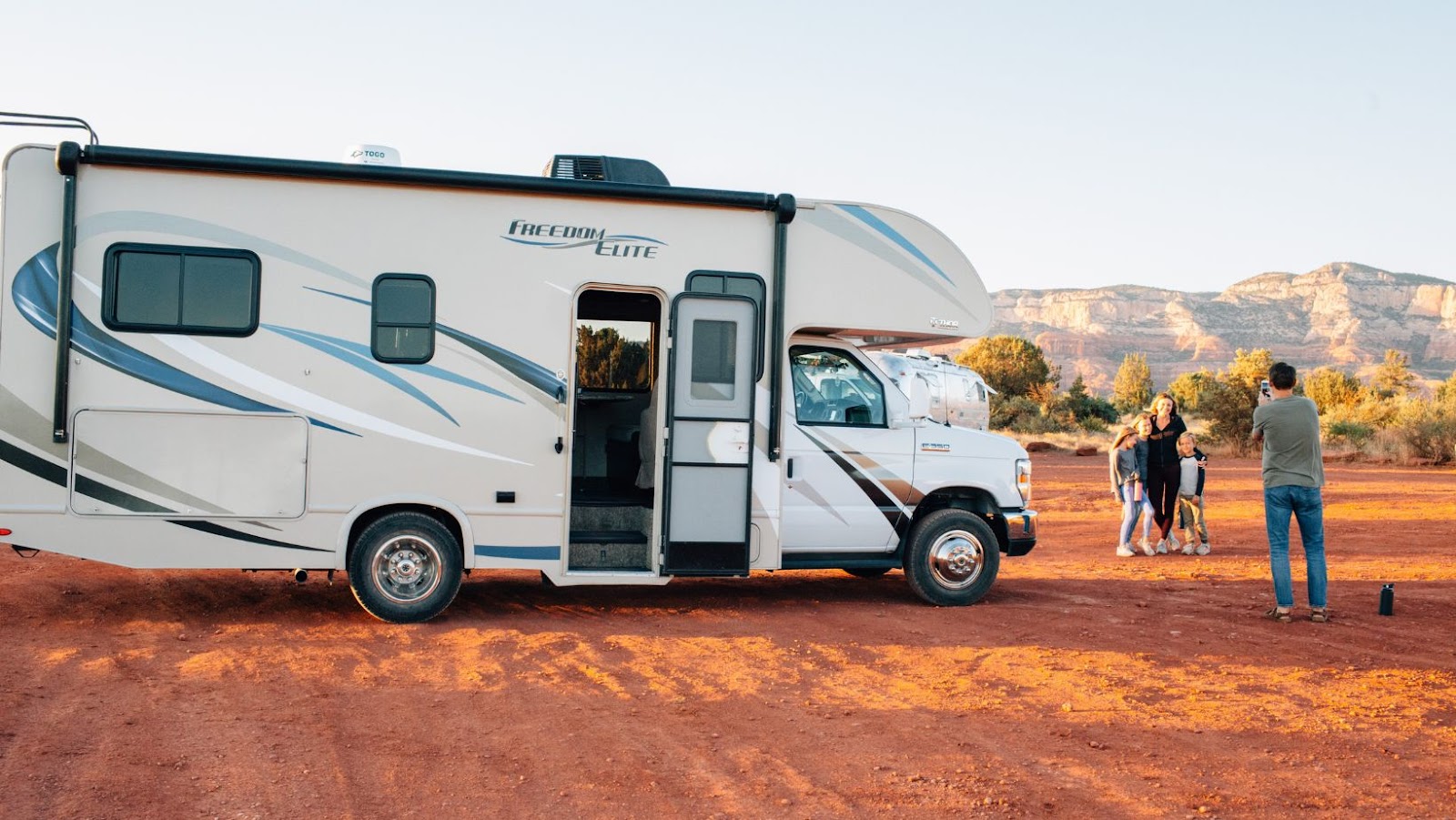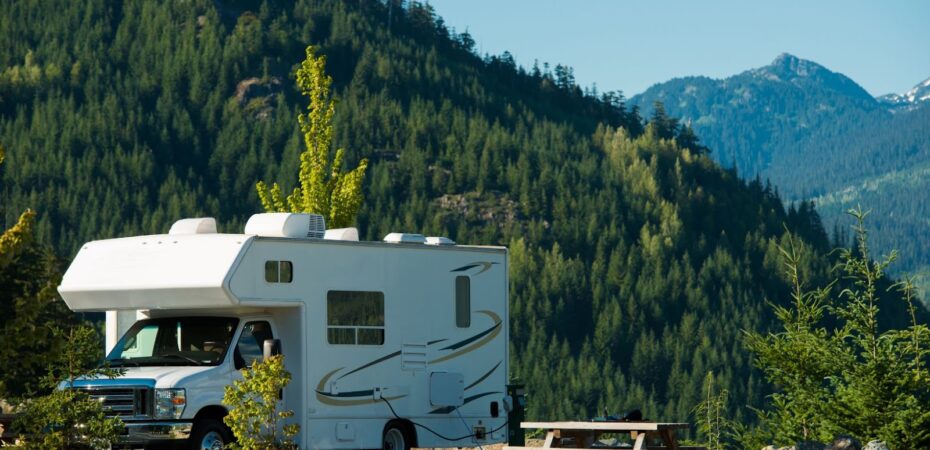RV insurance is a type of insurance that specifically covers recreational vehicles such as motorhomes, travel trailers, and fifth wheels. While it is similar to auto insurance in many ways, there are a few key differences that make it important for RV owners to shop for a policy that is tailored to their specific needs. RV insurance is designed to cover the unique risks that RVs face, such as the possibility of theft or damage while on the road or in storage. While shopping for insurance, it’s important to consider a variety of factors that can affect your premiums. By understanding these factors, you can make an informed decision and find the best policy. In this article, we will look at some of the factors that might influence RV insurance premiums such as location, RV type, driving history, policy limitations and deductibles, and extra coverage choices.

Location
One of the first things that insurance companies will consider when determining your RV insurance rates is the location of your RV and your primary residence. Insurance companies often consider factors such as crime rates and the likelihood of natural disasters when determining premiums. For example, if you reside in Ontario, Canada, a region prone to severe storms and floods, your rates may be raised to reflect the increased risk. So, you should look for an RV insurance Ontario provider that offers both a reasonable premium and comprehensive coverage suitable for the hazards you may face. Additionally, if you plan to take your RV on long trips to different parts of the country, your premiums may be affected by the different risks associated with those locations.
Type of RV
The size and weight of your RV can also have a big impact on your premiums, as larger and heavier RVs are generally more expensive to insure. Age can also be a factor, as older RVs may be more prone to mechanical issues or have higher repair costs. Additionally, the purpose for which you use it can affect your insurance rates. For example, if you use it for business purposes, such as transporting equipment or providing mobile services, you may be charged higher premiums.
Driving History
Your driving history is another important factor that can impact your RV insurance rates. Insurance companies will generally take into account any accidents or traffic violations you have had in the past, as well as the length of time you have been driving. In general, drivers with a longer and cleaner driving record will be offered lower premiums. The age of the applicant can also be a factor, as younger drivers may be considered riskier due to their lack of experience behind the wheel.
Coverage Limits and Deductibles
When shopping for RV insurance, it’s essential to consider the coverage limits and deductibles that are offered by different policies. Higher coverage limits and lower deductibles may result in higher premiums, but they can also provide more protection in the event of a claim. On the other hand, lower coverage limits and higher deductibles may result in lower premiums, but they may not provide as much financial protection in the event of a loss. Finding the right balance between coverage and cost is an important part of shopping for RV insurance.
Additional Coverage Options
Besides the standard coverage options, many RV insurance policies offer a variety of additional coverage options that can be added for an additional cost. These options may include coverage for personal belongings and accessories, emergency expenses such as trip interruption or roadside assistance, and pet coverage. These options can provide extra protection and peace of mind, but they may also result in higher premiums.
Discounts
Many insurance companies may offer discounts for multiple RVs, safety features, and good driving records. If you are eligible for any of these discounts, it may be possible to lower your premiums. Some insurance companies also offer loyalty discounts for customers who have been with them for a certain length of time. It’s worth asking about any available discounts when shopping for RV insurance, as they can help to lower your overall costs.

Final Thoughts
There are a variety of factors that can affect RV insurance rates, including the location, type of RV, driving history, coverage limits and deductibles, and additional coverage options. By understanding these factors, you can make an informed decision and find the best policy for your specific needs and budget. It’s important to shop around and compare quotes from multiple insurance companies to ensure that you are getting the best value for your money. By taking the time to find the right RV insurance policy, you can protect your investment and have peace of mind while on the road.


 By
By 



